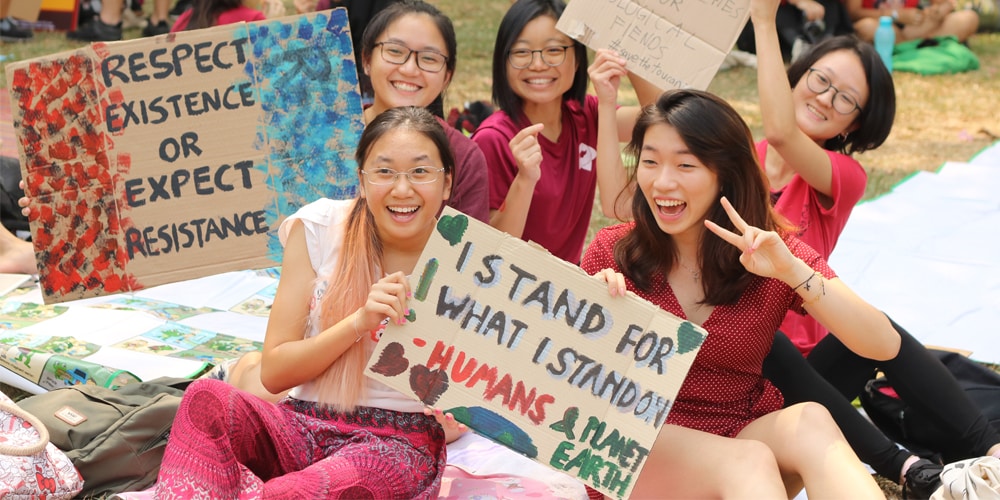A deadly combination of racism, xenophobia, and gender-based discrimination means victims of human trafficking are not getting the protection they deserve, and traffickers are able to carry out their illegal trade with impunity, said Siobhán Mullally, United Nations (UN) special rapporteur on trafficking in persons, especially women and children.
In a statement on Thursday (29 July) ahead of International World Day Against Trafficking in Persons on 30 July, Mullally wrote: “Instead of being identified as victims of a serious human rights violation, victims are being arrested, detained, denied assistance and protection and even forcibly returned to countries of origin because of racial profiling and discrimination at border crossings and in criminal justice systems.”
She asserted that urgent action is needed by all actors including the private sector in order to to combat racism and xenophobia in law enforcement, at borders, education systems, in work places, in child protection systems, and in humanitarian and peace operations.
Mullally also noted that racism, xenophobia, and discrimination against minority groups and indigenous peoples are root causes of human trafficking in persons, leading to egregious failures of protection. She added that children are particularly failing to get the protection that would be in their best interest.
“The cycle of trafficking, exploitation and re-trafficking continues with impunity.
“Rather than being protected and assisted without discrimination as children at risk, child victims of trafficking are treated as irregular migrants or subjected to criminal prosecutions, and have their age and credibility questioned,” she explained.
Consequences of gender discrimination, racist stereotyping, and xenophobia
Besides that, Mullally argued that when gender discrimination intersects with racism and xenophobia, victims suffer even more.
“Actions to combat trafficking must move beyond harmful stereotypes of ‘ideal victims’ that leave many victims and survivors without the protection and assistance they are entitled to.
“Racial justice is critical to ensuring that we break the cycles of violence, exclusion and exploitation that lead to trafficking in persons,” she stressed.
Mullally went on to say that racist stereotyping and xenophobia limit the impact of prevention measures, which lead to failures of identification.
“Too often the testimonies of victims are questioned and the harms and trauma they have endured are denied. Failure to identify victims of trafficking lead to forced returns, arrest, detention and prosecution, family separation, and refusals of consular assistance, rather than protection and assistance,” she elaborated.
For these reasons, it is essential that anti-trafficking movements work together with racial justice movements, said the UN expert.
After all, the prohibition against racial discrimination is absolute in international law and permits no exceptions, in accordance with the International Convention on the Elimination of all Forms of Racial Discrimination.
Countries are obliged to eliminate direct, indirect, and structural discrimination
In her statement, Mullally reminded countries that they have obligations in international human rights law to eliminate direct, indirect, and structural discrimination, and that Convention on the Elimination of All Forms of Discrimination Against Women (CEDAW) General Recommendation No. 38 of last year reiterates the obligation of States to ensure its application to all victims without exception.
“Unless states take effective action to combat discrimination, racism and xenophobia, traffickers will continue to target minority communities, indigenous peoples, stateless persons, migrants and refugees, with impunity,” she warned.
Mullally also highlighted the need to involve trafficking survivors and human rights defenders who work for their rights in measures to prevent trafficking and protect fellow survivors, and help them recover from their traumatic experiences.
“The voices of all survivors and victims of trafficking should be brought to the fore without discrimination or exception.
“Empowerment of all survivors of trafficking in persons is critical to ensuring that the human rights of all victims of human trafficking are fulfilled without discrimination and as a matter of urgency,” she concluded.







